MATTERS ARISING: COVID-19, cholera on rampage — and Nigerian resident doctors down tools
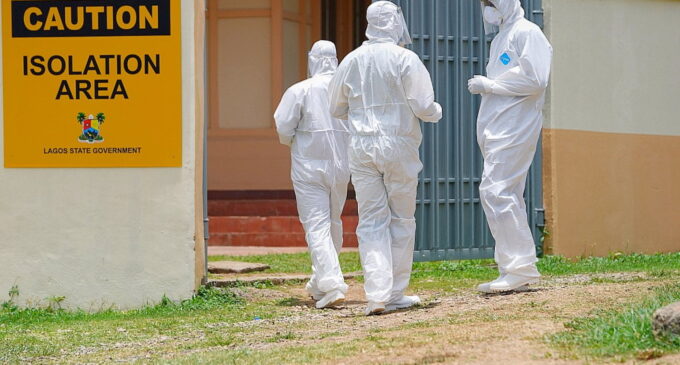
On Monday, the Nigerian Association of Resident Doctors (NARD) commenced an indefinite strike over complaints of irregular payment of salaries, allowances, members welfare, health hazard allowances, among other issues.
The strike action comes at a time when the country is battling the third wave of the COVID-19 pandemic and the outbreak of cholera in many states.
When the resident doctors went on strike in April, patients across teaching hospitals in the country were stranded and abandoned. TheCable had also reported how the strike was said to have contributed to the death of a newborn at the Lagos University Teaching Hospital (LUTH).
Speaking on the latest action, Uyilawa Okhuaihesuyi, NARD president, said: “Resident doctors constitute the highest number of doctors in teaching hospitals in Nigeria, so invariably, it is mostly us who are at the first point when patients present at the hospital.”
Okhuaihesuyi’s comment implies that the doctors who are not on strike will be overwhelmed, given that the country is battling other health issues.
In view of his comment, what does the strike mean for the health sector?
THIRD WAVE OF COVID-19 IS HERE
Nigeria has witnessed a steady rise in the number of COVID cases in recent days. The country recorded 505 fresh infections on Tuesday.
Osagie Ehanire, the minister of health, had on Monday said available data indicate that the country is already experiencing the third wave of the pandemic.
“All data indicate that we are now no doubt in the third wave of resurgence of the SARS-COV-2 infection, which we saw coming long ago,” Ehanire said.
From July 20 to August 3, at least 5,586 cases were recorded in the country, with 34 deaths reported.
Lagos, which is the epicenter of the pandemic, recorded a daily average of six deaths in isolation centres in just one week, while 4,300 new infections were confirmed in July.
The positivity rate rose to 8.9 percent, which is an eight-fold increase when compared to the figure recorded a month ago, according to Babajide Sanwo-Olu, governor of Lagos state.
“The situation at hand should rightly alarm all of us,” the governor said.
Even more alarming is that the Delta variant of COVID-19, which has been linked to increased infection rates, has been recorded in six states since the first reported case in the country on July 8.
The highly infectious variant has been recorded in Lagos, Akwa Ibom, Oyo, Rivers, Plateau, and the federal capital territory (FCT).
ASIDE FROM COVID, CHOLERA IS ALSO KILLING NIGERIANS
Amid the global COVID-19 pandemic, the resurgence of cholera in many states has also killed 526 people.
Based on the recent data released by the NCDC, 18 states and the FCT have reported cholera cases since the beginning of the year.
The affected states are Benue, Delta, Zamfara, Gombe, Bayelsa, Kogi, Sokoto, Bauchi, Kano, Kaduna, Plateau, Kebbi, Cross River, Nasarawa, Niger, Jigawa, Yobe, Kwara, and the FCT.
As of July 22, the suspected cases recorded in the affected states stood at 22,130.
According to a report by SB Morgan (SBM) Intelligence, cholera killed 441 people in Nigeria in July alone. The report said Kano state recorded the highest number of deaths with 123 fatalities, followed by Sokoto with 86 deaths, and FCT 53 deaths.
MONKEYPOX IS STILL A THREAT
As health workers are battling COVID-19 and cholera, small clusters of monkeypox cases are being reported by the NCDC.
On July 16, the Dallas County Health and Human Services (DCHHS) in Texas, US reported a case of monkeypox in a resident who recently returned from Nigeria.
According to the DCHHS, the individual, whose name was withheld, is a resident of Dallas, Texas who travelled from Nigeria and arrived at Love Field Airport on July 9.
On July 20, Chikwe Ihekweazu, director-general of the NCDC, said the agency had recorded 59 suspected and 15 confirmed cases of monkeypox in the country.
Ihekweazu said Delta, Bayelsa, Rivers, and Lagos states recorded the highest number of cases.
RESIDENT DOCTORS STRIKE — HOW WILL THE HEALTH SECTOR COPE?
In a bid to address the shortage of manpower that the strike will cause in the coming days, and possibly longer, the health minister charged medical directors at federal and state hospitals to ensure there is no disruption in service.
“The federal ministry of health is engaging resident doctors who have embarked on industrial action with a view to quickly resolving the issues,” Ehanire said.
“While this is ongoing, medical directors at federal and state hospitals are directed to ensure that service delivery is not disrupted in their centres.”
But will the directors be able to fill the lacuna left behind by the striking doctors, as more and more patients seek medical attention?
‘PAY MORE ATTENTION TO HEALTH WORKERS’
Adetokunbo Fabamwo, a professor of obstetrics and gynecology at the Lagos State University Teaching Hospital (LASUTH), spoke to TheCable about the implications of the strike.
Fabamwo said the country’s health sector is in a “fragile state” and called on the federal government to ensure that promises made to health workers are fulfilled.
“If promises have been made they should be fulfilled and it should not get to the point where doctors will down tools. Nobody wants that,” he said.
“There are needless deaths. The national government needs to pay more attention to health workers as a whole, not just doctors. The developed countries have made it so easy for nurses and doctors to come to the UK, US and Canada.”
Another health expert who craved anonymity said although general healthcare delivery would be severely affected by the strike, COVID-19 treatment will continue without hitches.
“It is definitely going to affect the health of the populace. We see a lot of patients every day. People that have health issues and emergency cases can’t be taken care of. It is a very big issue,” the health expert said.
“At least the COVID-19 management centers are working. The doctors are working, anybody with suspected and confirmed cases can be managed but for the general healthcare, it is not easy for the people.”





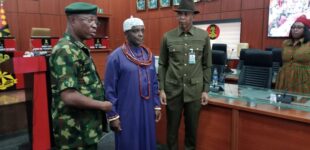
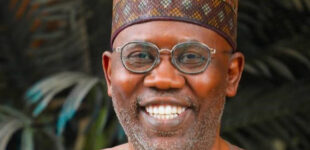
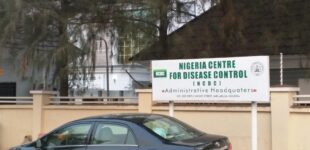

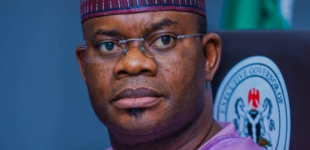
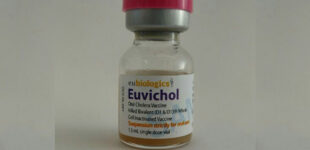
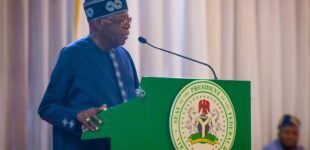
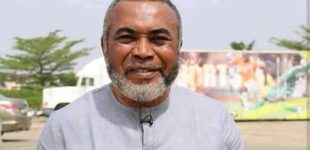


There are no comments at the moment, do you want to add one?
Write a comment